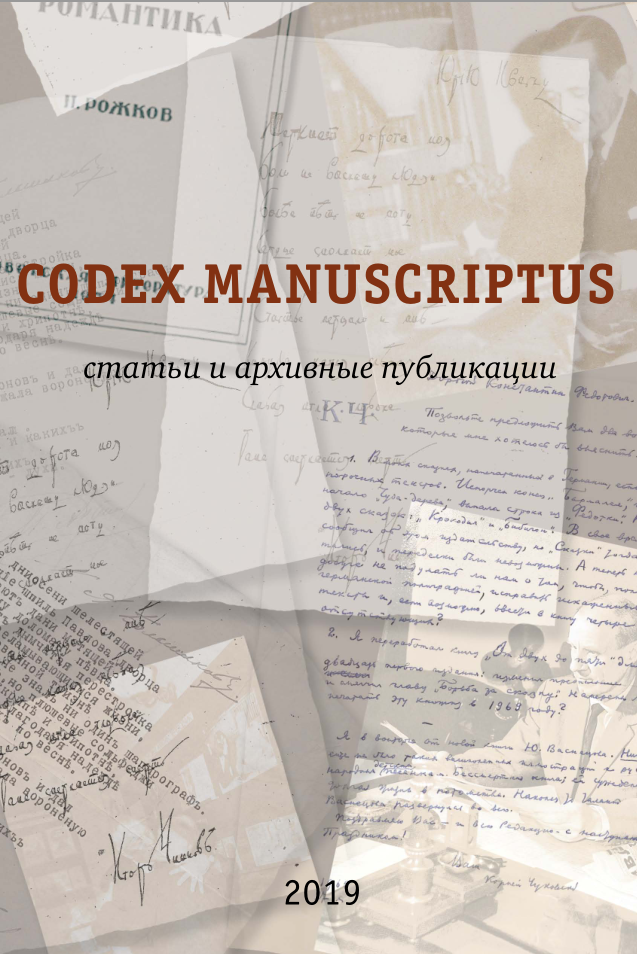Abstract:
The article presents the analysis of the fairy drama “The Forest Song” by Lesya Ukrainka in the context of the birth of fantasy genre. The play was written at the beginning of the 20th century. At those times, one of the literary tendencies included references to folklore, folk art and mystical themes in hopes to find in the past the answers to important questions. We will consider “The Forest Song” not only as a vivid example of a neo-romantic piece but also as one of the stages of the development of fantasy genre in literature. We will consequently analyze the particularities of the genre affiliation to “drama” and “feerie”, the traits of neoromanticism and their intercession with fantasy, the originality of the mythopoetical layer (the presence of the author’s characters and the classic mythical ones), the autonomy of the mythical reality (its existence without contacts with the human reality). The conclusion of our discourse states that Lesya Ukrainka, inspired by folk art and the mystical tradition, created a specific fantastic space in which intersect destinies of the supernatural creatures, of the human beings and even of nature itself, while its powers are the acting characters of the play as well. Proceeding from the presented arguments we conclude that it is hard to attribute “The Forest Song” to any particular literary movement, it is placed between the mystical tradition of the end of 18th — beginning of the 19th centuries, and the fantasy one, which originated at the turn of the 19th and 20th centuries.






